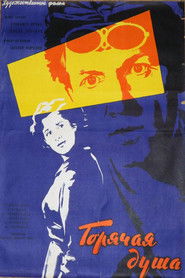detail profile igor vladimirov
Peran Yang Di Mainkan Igor Vladimirov
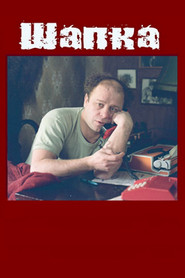 The story is about how a...
The story is about how a...The Hat 1990
The story is about how a metropolitan writer, concerned about the “fifth point of his questionnaire,” instead of the noble or, at worst, rabbit fur assigned to him by rank, was given a “medium fluffy domestic cat” at the Literary Fund, and how he, previously quiet and inconspicuous, ventured to a “mutiny on a ship” confidently cutting through the waters of “socialist realism.”
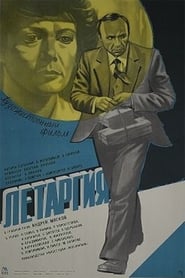 The young scientist has everything an...
The young scientist has everything an...Lethargy 1983
The young scientist has everything - an apartment, a car, a position in the scientific community, but his soul is as if immersed in hibernation. And only the death of his mother and a meeting with his matured daughter, who had her first and unrequited love, awaken his soul, which has fallen into lethargy.
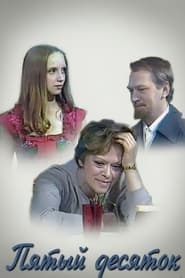 A tired naive librarian in her...
A tired naive librarian in her...Fifth Decade 1982
A tired, naive librarian in her fourties, has experienced hard labor, chores, and failed love. Her brittle voice and childish naiveness add to her defenselessness. Despite her stubbornness, she maintains a strong spirit that helps her stay true to herself.
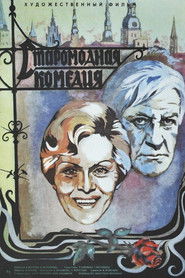 Based on the play of the...
Based on the play of the...An Old-Fashioned Comedy 1980
Based on the play of the same name by Aleksei Arbuzov. The meeting between the chief physician of the sanatorium Rodion Nikolayevich and the patient Lydia Vasilievna begins with a conflict: the woman managed to break the sanatorium regime in the very first days of her stay. However, soon the acquaintance of two middle-aged people turns into friendship, and then into mutual sympathy...
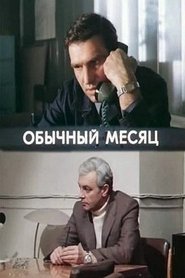 Grekov the chief engineer of the...
Grekov the chief engineer of the...A Typical Month 1976
Grekov, the chief engineer of the instrument—making plant, is looking for a way out of the difficult situation at the plant: suppliers fail - they have to resort to assault, technology is disrupted, and quality suffers. The Institute of Production Management Problems, to which Grekov is seeking help, suggests introducing a new, as yet untested automated control system at the plant. Grekov agrees, although his colleagues, as one, believe that he chose the wrong time for this.
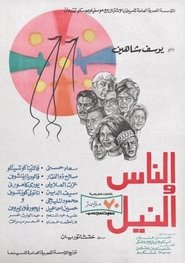 The construction of the Aswan dam...
The construction of the Aswan dam...People and the Nile 1972
The construction of the Aswan dam as seen by those who took part in it: engineers, workers, Egyptians, and Soviets.
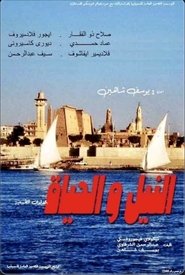 Renegotiating the representational paradigm of nationhood...
Renegotiating the representational paradigm of nationhood...The Nile and the Life 1968
Renegotiating the representational paradigm of nationhood the film draws a heterogeneous picture of Egyptian society as well as Soviet workers as they embarked on the momentous dam enterprise. The films presents a vision of a nation deep rooted in unity as well as diversity. The films projection of a renewed imagining of the nation inadvertently acknowledges a new and nuanced understanding of its goals, political objectives, and how these impact the personal within it. (KHOURI)
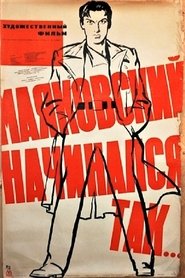 Based on the autobiographical book Ya...
Based on the autobiographical book Ya...This Is How Mayakovsky Began 1959
Based on the autobiographical book "Ya -sam" (I-myself) by Vladimir Mayakovsky the leading Russian Futurist poet of the beginning of the 20th century. He was born in 1893, into a Russian Cossack family in the Transcaucasian kingdom of Georgia, then part of Russian Empire. There he spent his childhood and boyhood attending a grammar school in Kutaisi. Mayakovsky moved to Moscow at the age of 14, after his father's death. He became a poet, an artist, an actor, a writer/director and public speaker.
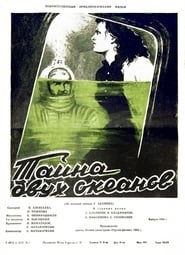 The enemy agents from an unknown...
The enemy agents from an unknown...The Secret of Two Oceans 1957
The enemy agents from an unknown nation have secret automated facilities set up in the Atlantic and Pacific oceans for the purposes of sinking ships. The super submarine "Pioneer" and it's intrepid crew is dispatched to find the source of these mysterious sinking's...Unknown to the captain, his chief engineer is working for the bad guys, intent on stopping their efforts, at any cost...It seems the real chief had a twin brother who was a circus acrobat who murdered and replaced him.
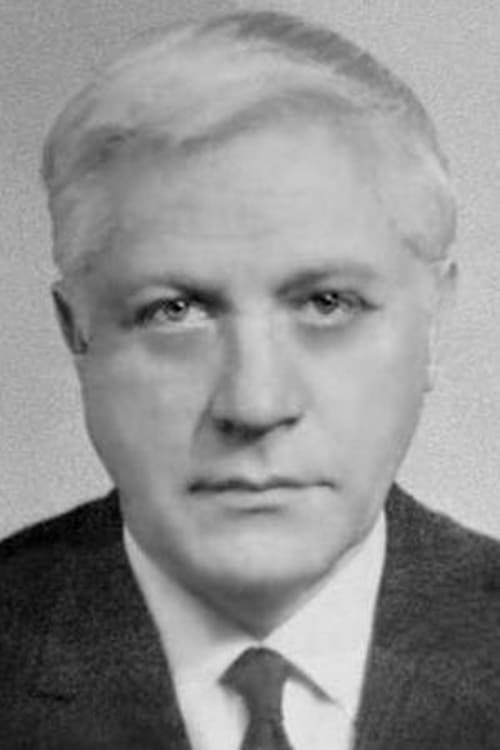
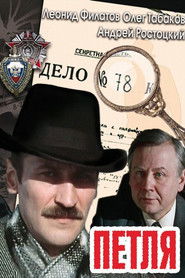 Moscow militia detectives are investigating a...
Moscow militia detectives are investigating a... A classic mystery story based on...
A classic mystery story based on...
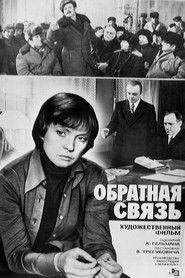
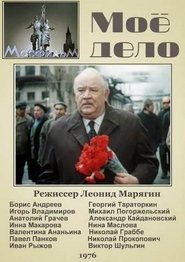
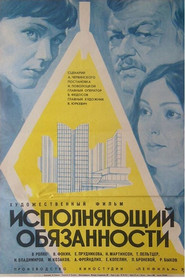 The film shows the daily life...
The film shows the daily life...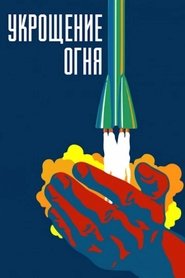 About Russian space program and missile...
About Russian space program and missile... A Soviet officer serves as a...
A Soviet officer serves as a...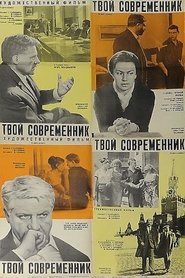
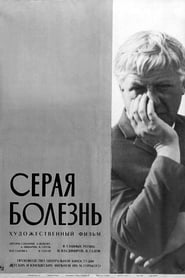 One day doctors Speransky and Nikulin...
One day doctors Speransky and Nikulin...